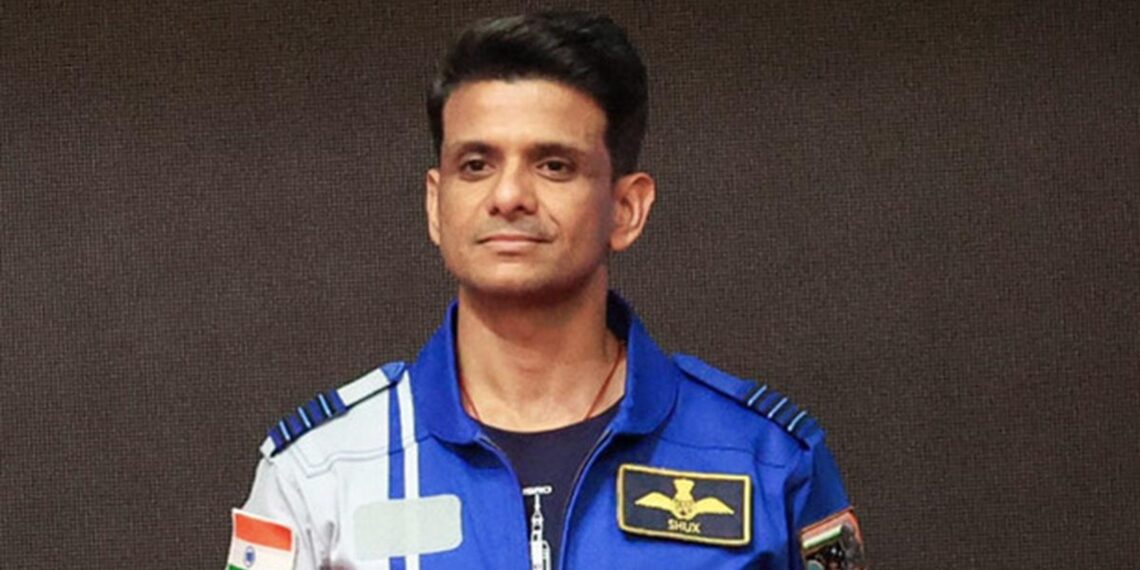New Delhi: Indian astronaut Shubhanshu Shukla is all set to make history as the first Indian to travel to the International Space Station (ISS), with the Axiom Mission-4 (Ax-4) now rescheduled for launch on June 8.
The mission, originally slated for May 29, was delayed to allow scheduling adjustments for multiple upcoming spaceflights, according to announcements from NASA and Axiom Space, the U.S.-based private space company organising the mission.
The flight will lift off from NASA’s Kennedy Space Center in Florida at 9:11 am Eastern Time (6:41 p.m. IST), aboard a SpaceX Falcon 9 rocket carrying the Dragon spacecraft.
Shukla, who will serve as mission pilot, joins a multinational crew that includes veteran American astronaut Peggy Whitson as commander, Sławosz Uznanski-Wisniewski of Poland, and Tibor Kapu from Hungary as mission specialists.
The flight marks a significant milestone in global space collaboration, as all three countries return to human spaceflight after over 40 years.
“For the first time, astronauts from India, Poland, and Hungary will jointly journey to the ISS as part of a government-sponsored commercial mission,” Axiom stated, describing Ax-4 as a landmark in the evolution of private spaceflight.
Shukla, aged 39, was chosen for the mission earlier this year after his selection through India’s astronaut training programme initiated by ISRO in 2019, following a national announcement by Prime Minister Narendra Modi in 2018 about sending an Indian to space again.
The mission will not only commemorate a new chapter for India’s presence in space—coming four decades after Rakesh Sharma’s 1984 flight aboard the Soviet Soyuz spacecraft—but also engage in important scientific experiments.
While aboard the ISS, Shukla will contribute to research supporting Axiom’s development of its own future space station.
ALSO READ: Tripura Power Minister cancels staff leave to ensure uninterrupted monsoon supply
One key experiment will examine how cyanobacteria perform in microgravity, particularly their ability to generate oxygen—a potential resource for sustaining long-duration human space missions.
“I’ll be working closely with the commander, monitoring the spacecraft systems, managing navigation, and stepping in if manual intervention is ever required,” Shukla explained in a pre-mission briefing.
The mission underscores a growing emphasis on international cooperation in commercial spaceflight and reinforces India’s emerging role in this expanding frontier.















